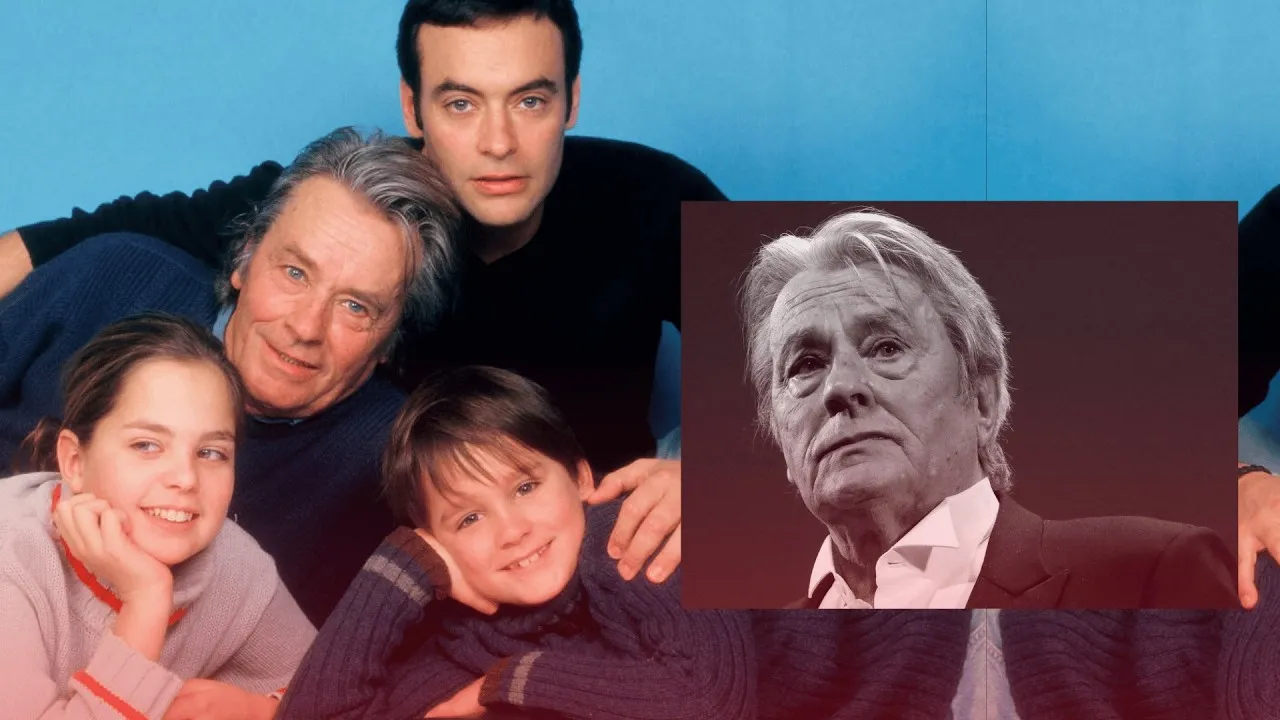Alan Delon, born November 8, 1935, in Sceaux, France, remains one of the most iconic figures in French cinema. Renowned for his striking looks and intense screen presence, Delon became an international star in the 1960s with films like *Purple Noon* (1960) and *Rocco and His Brothers* (1960).
His portrayal of complex characters, especially in collaborations with directors like Jean-Pierre Melville and Luchino Visconti, solidified his status as a cinematic icon.
Delon’s tumultuous upbringing, marked by instability and rebellion, shaped the enigmatic persona he later embodied on screen. He initially struggled in various jobs before a chance encounter at the Cannes Film Festival launched his acting career. Throughout the ’60s and ’70s, he captivated audiences with roles that often explored moral ambiguity, most notably in *Le Samouraï* (1967), where he played a detached hitman.
Despite his professional success, Delon’s personal life was rife with controversy, particularly surrounding the infamous “Marovich affair” in 1968, which involved murder and scandal. His relationships with notable actresses, including Romy Schneider, captured media attention and became part of his legend.
In his later years, Delon faced health issues and withdrew from the public eye, leading to tensions with his family over his estate following his death in 2024. Yet, his legacy as a cinematic pioneer endures, leaving a profound impact on future generations of filmmakers and actors alike. Will Alan Delon’s contributions to cinema be remembered? Only time will tell.
Watch This Video for More
